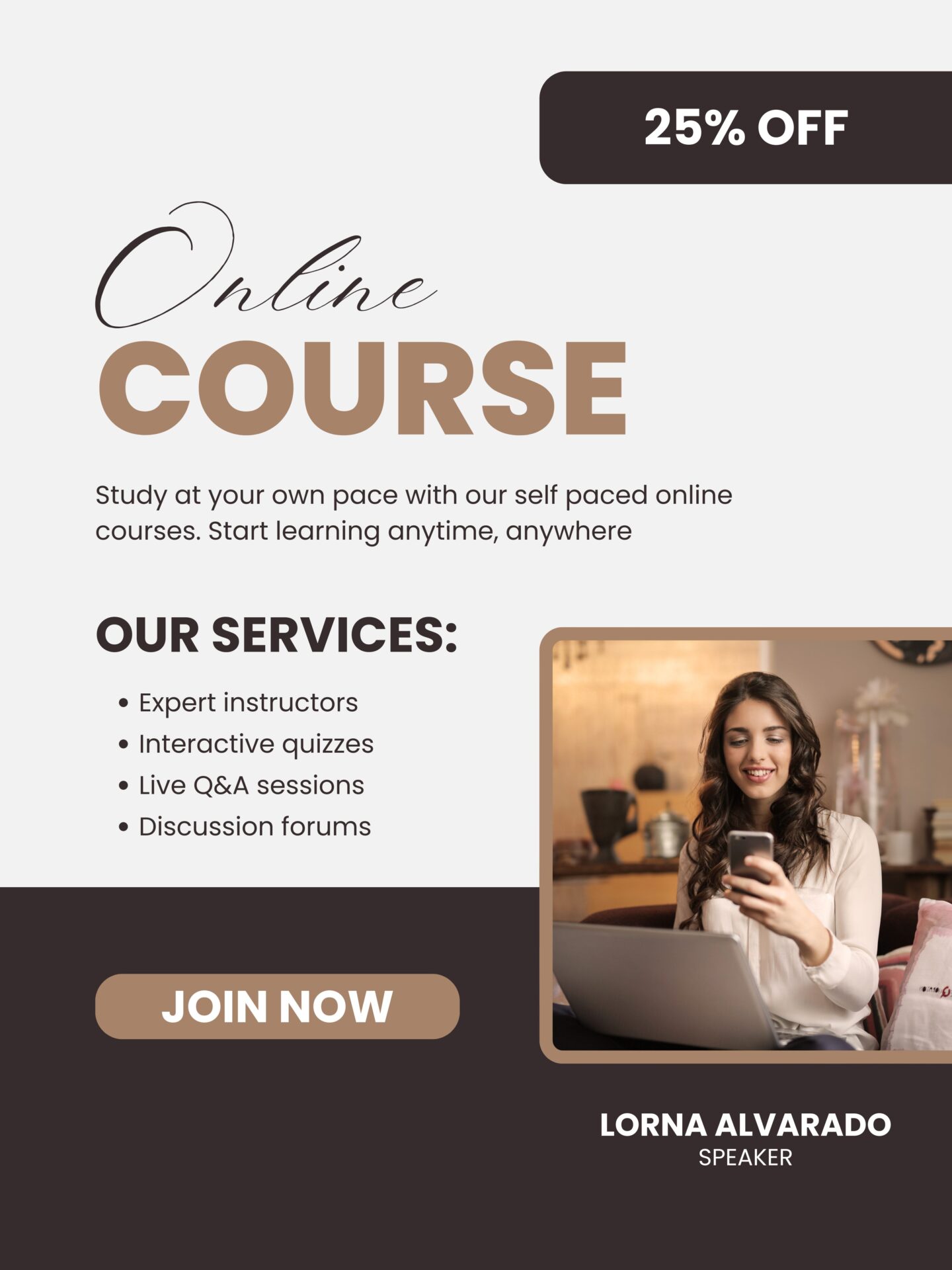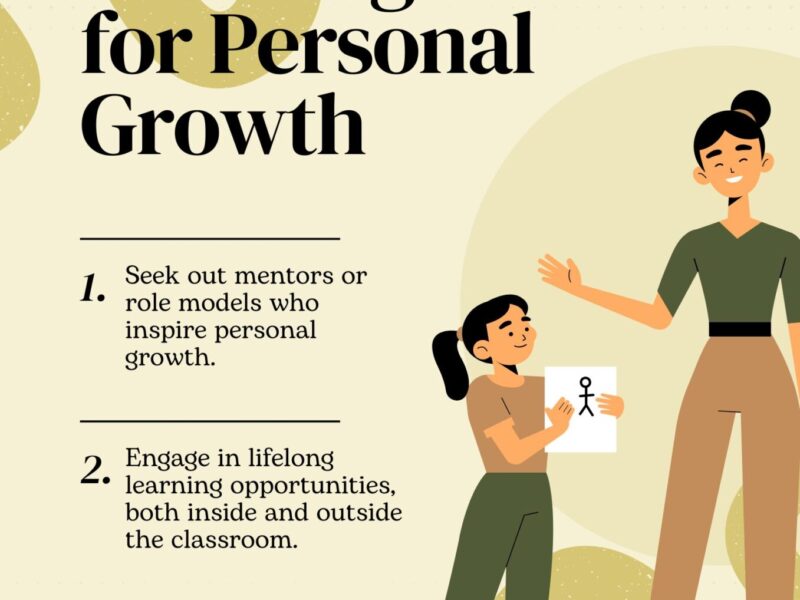The newest thing is probably online learning because it is changing the face of modern education. There are thousands of courses offered by different course providers, and choosing one of these courses, therefore, becomes quite a task.Tips for Choosing the Right Online Course. For up skilling, a new hobby, or career advancement, you need to choose the right online course because that could make or break your whole objective.Tips for Choosing the Right Online Course. This smooth guide is a funnel to navigate to help improve your decision-making skills.
1. Define your goals.
Objective Understanding.
The first thing you will do before taking an online course is recognize what you want to achieve. You can add to your professional skills or get a new certification or just follow an interest. Even what you are looking for will hurl you towards those courses that really fit your needs.
Tips:
List out the skills or knowledge you want to acquire.
Decide if u need a personal development, career growth, or academic credit course.
Think about what long-term goals may be like earning a degree or changing careers since such a course may also be useful for these aspirations.
2. Check what Course Contains
Course Topics Evaluation
The course syllabus will tell you about what you will learn. The topics listed would let you further see whether they suit your goals or not. while some courses present an introduction to the basic concepts, others tend to jump directly to other advanced concepts.
Tips:
You could check for a comprehensive breakdown of the syllabus/module on the course page.
Compare the content with other similar courses to ensure comprehensive coverage.
Look for updates in the curriculum to ensure that materials are current.
3. Take into account the experience of the Instructor
Qualified Educators are Important
A seasoned and experienced teacher can illuminate learning experiences by adding life to your lecture with good insights and practical examples.
Suggestions:
Check the qualification, profession background, and teaching experience of the instructor.
Assess reviews or recommendations offered by former students concerning the instructor’s teaching style.
Enroll only in courses taught by industry experts or faculty members from reputed institutions.
4. Evaluate the Credibility of the Platform
Choosing Reliable Platforms
Not all online learning platforms present a golden opportunity because some are well known to deliver great courses while others are less invincible.
Read all the reviews or testimonials of past students regarding the instructor’s style of teaching.
Always take courses where the industry experts teach or where faculty from highly rated institutions are engaged. Evaluate the credibility of the platform with regard to choosing reliable platforms. Online platforms do not always shower one with great learning opportunities; some are quite good but not much talked about while others may not deliver on their promises.
Tips:
Well-known platforms include Coursera, Udemy, edX, or LinkedIn Learning.
Check for accreditation or proven partnerships with worthy institutions.
Actually, check whether the platform offers recognition by way of certificates or credits that would impress an employer or university. Confirm the reviews and ratings of courses.
Learner feedback:
Reviews and ratings hint as to how good or poor a course would be in its effectiveness. In addition, they might specify strengths and open issues to keep in mind.
Tips:
Read the reviews either on the page of the course or on some external websites. Focus on the ones which explain what the course stipulates-does it specify its delivery and practicability details as well?
Beware of overly positive or negative reviews; these are often biased themselves.
6. Measure the Time Required
Flexibility of Schedule
Online courses could be of varying time spans and intensities. Choose that will be the most accommodating within your schedule and enable you to take classes at a pace you’re comfortable with.
Tips:
Check estimated completion times and weekly hours required.
Assess also the current commitments you already have, such as work, family, or other studies.
Search for a program that has flexible deadlines or self-paced offerings if you do have a busy schedule.
7. Find Out about Certification or Accreditation
Building Your Credentials
If you pursue a course with professionalism in mind, that course will hold actual worth on your CV; thus, at least check whether the course provides a certificate or is accredited with an institute.
You probably must determine if the certification is market-valid or by educational institutions.
Search for CPD, CEUs, among other professional development credits.
Explore if there is some other fee for the certification or for the whole course for your course accreditation process.
8. Financial Aid Understanding Price:
Swiss Budgets
Online course pricing is very variable: Some are free; some will turn your world upside down financially. Therefore, one must learn the way of the cost and the form of financial aid that is available in order to benefit maximally.
Tip these out:
Apples-to-apples evaluation across platforms. Check how they also value for money.
Probable instruments would include free trials, discounted courses, or a package that brings along a number of courses with it.
Draft scholarships, grants, or employer-sponsored learning programs.
9.Usability of the Platform
Facilitate Navigation
Such a user-friendly atmosphere would help intensify and quicken the learning experience. Hard navigation with technical glitches would act as impeding factors.
Hints:
Make contacts with the platform interface before deciding to enroll.
Confirm the same with the devices you own (laptops, tablets, or smartphones).
Be on the lookout for the other features, for example, discussion forums, mobile apps, or offline access.
10. Confirm the format of courses and modes of delivery
Each course will have its own modes of delivery like video lectures, live sessions, or interactive exercises.
Primarily, determine if the overloaded course comprises lectures and live sessions or both, and then check the course has the complementary interactive features such as quizzes, assignments, or collaborative projects. The course’s format should be the most preferable for your visual, auditory, or tactile learning.Search for possible interactions with a Community and Networking.
Connecting with Peers
To some courses, this is where learning becomes a collegial affair: students sharing and probably networking.
Tips:
Get courses that have discussion forums or group projects. Join the affiliated communities in social media and professional networks. Be present during a live session or meetup.
12. Verify Language and Accessibility
Learning for Everyone Languages and Accessibility keys for students: non-native speakers; for students-with-disabilities.
Tips:
Check if there are subtitles or multilingual provisions in the course. Look upon accessibility features like screen reader compatible and alternative texts. Ensure that the system provides technical support which avails itself and attends to such specific needs.
13. Awareness of Prerequisites
Readiness for a Course: Some online courses require background knowledge or previous knowledge or skills. Figure out whether or not you have the required prerequisites and only then proceed toward enrolling.
Tips
Read the course description to get the level of skill required.
– Take a pre-assessment or trial lesson if there is one.
– If you have no grounding in it at all, consider some introductory courses
Test the Support System-Believable-Dependability:
A good support system really smooths the pathway to learning. Reliable technical and academic support makes one have fewer challenges in learning.
Tips
Look for 247 supports in case of any technical issues on the platform.
– Look for direct lines for contacting the instructor or even a mentor.
– Search for FAQs or help center to answer common queries quickly.
15. Consider the enduring benefits
As long as a course is beneficial for establishing one’s career and even self-improvement, the evaluation for any course must also include the breadth of overall life-skeyond skills or self-assurance, and career options it will provide.
Tips:
Research on the skills taught in the course: the market will be able to identify the demand for skills.
Check the alumni success stories or review testimony.
Consider the courses with pathways to advance programs or career services.
Conclusion:
Choosing an online course is strategic and requires serious contemplation. Setting goals and researching about the course and platform before assessing its value will help you to make an informed decision regarding the attainment of your desires. The right course will turn online learning into a life-changing, rewarding experience that opens up new avenues for growth and success.


